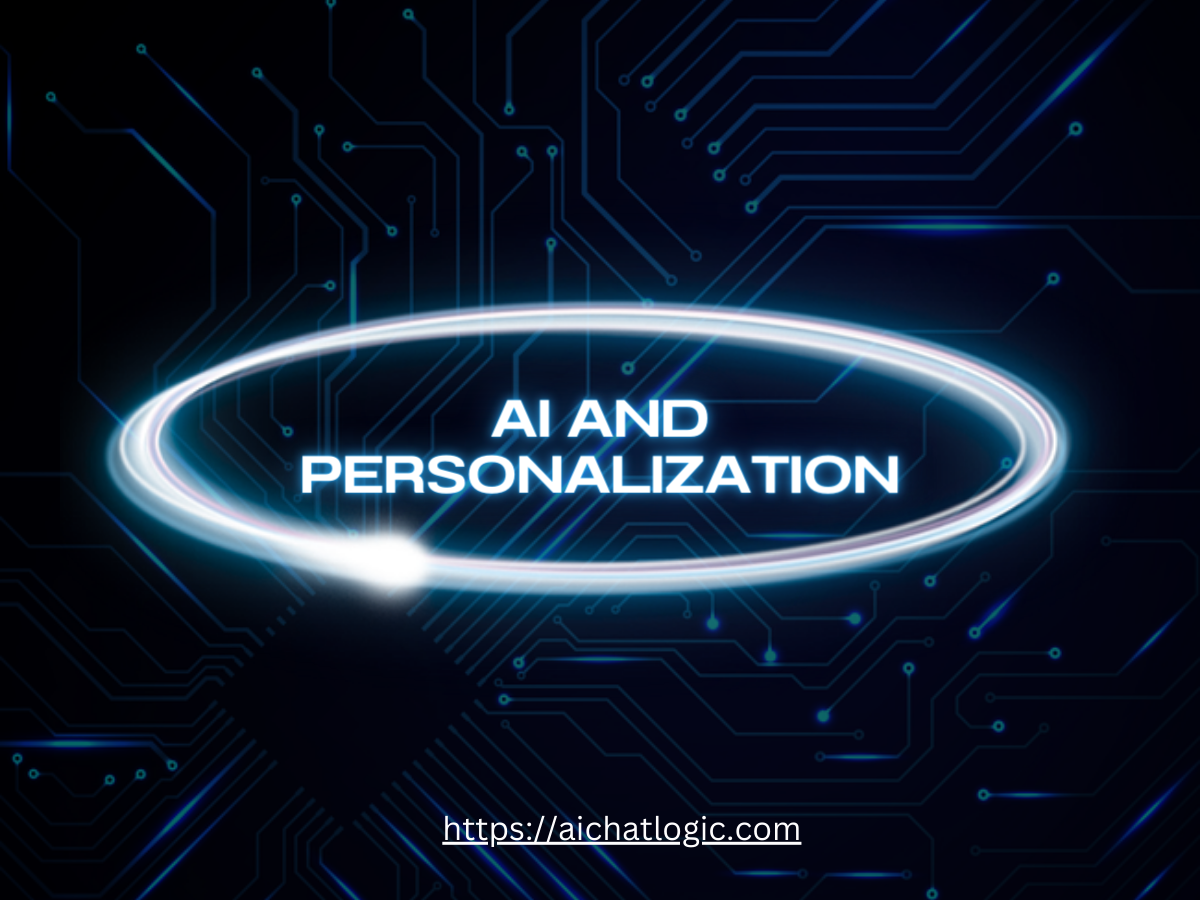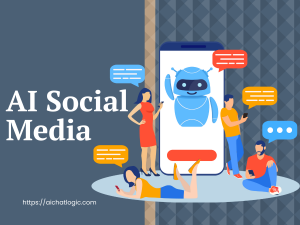Introduction:
In today’s digital landscape, the integration of artificial intelligence (AI) has revolutionized various industries. One of the areas greatly influenced by AI is personalization. As consumers increasingly seek tailored experiences, businesses are leveraging AI technologies to deliver personalized content, products, and services. This article explores the concept of personalization, the role of AI in enabling personalized experiences, the benefits and challenges associated with it, strategies for effective implementation, and the future prospects of AI-driven personalization.
The Power of Personalization
Personalization is all about providing customized experiences to customers, treating them as unique individuals rather than just another face in the crowd. AI plays a crucial role in driving personalization initiatives by using machine learning algorithms and advanced analytics to process vast amounts of data. This enables businesses to gain actionable insights into customer behaviors, preferences, and intent.
Enhanced Customer Engagement
Tailoring experiences fosters deeper engagement by providing relevant and timely content. When customers feel that a brand understands their needs and caters to their interests, it leads to increased satisfaction and loyalty. By leveraging AI, businesses can analyze user data and deliver personalized experiences that resonate with their target audience, ultimately driving higher engagement and fostering stronger customer relationships.
Better Customer Insights
AI-driven personalization allows businesses to gain valuable insights into customer behavior and preferences. By collecting and analyzing data from various touchpoints, such as websites, mobile apps, and social media, businesses can understand their customers on a deeper level. These insights can be used to refine marketing strategies, improve products and services, and create more targeted and effective campaigns.
Competitive Advantage
Effective tailoring of experiences can differentiate businesses from their competitors. By providing personalized experiences, businesses create a unique selling proposition that sets them apart in the market. Customers are more likely to choose a brand that understands and caters to their individual needs, giving businesses a competitive edge and driving customer acquisition.
Challenges and Considerations
While AI-driven personalization offers immense benefits, it also comes with its own set of challenges and considerations that businesses need to address.
Privacy and Data Security
Personalization relies on collecting and analyzing user data, which raises concerns about privacy and data security. Businesses must prioritize data protection and comply with relevant regulations to build trust with customers. Transparency in data collection and usage is crucial to maintain ethical practices and ensure customer confidence.
Overreliance on Algorithms
While AI enhances customization, businesses should be cautious about excessive reliance on algorithms. Human intuition, creativity, and expertise should not be overlooked. Striking the right balance between automation and human touch is essential to deliver personalized experiences that feel authentic and resonate with customers on a deeper level.
The Future of Tailoring Experiences
As AI technology continues to advance, the future of AI-driven personalization looks promising. Here are some potential developments that we can expect to see:
Hyper-Personalization
AI algorithms will provide even more granular and accurate customization, enabling hyper-targeted experiences based on individual preferences. Customers will receive highly personalized content, recommendations, and offers that cater to their unique needs, resulting in even greater engagement and satisfaction.
Contextual Awareness
AI systems will gain a deeper understanding of user context. Incorporating factors such as location, time, and device, businesses will be able to deliver contextually relevant experiences. This level of contextual awareness will further enhance personalization and make interactions with customers more meaningful and effective.
Voice and Conversational Customization
Natural language processing and voice recognition technologies will enable personalized interactions through voice assistants and chatbots. Customers will be able to engage in conversations with AI-powered systems, receiving tailored recommendations, assistance, and support in a more conversational and intuitive manner.
Privacy-Preserving Customization
As privacy concerns continue to grow, AI models will be designed to respect privacy and comply with stringent data protection regulations. Businesses will prioritize privacy-preserving practices and ensure transparency in their personalization efforts, earning the trust of customers while delivering tailored experiences.
Conclusion
AI-driven personalization is reshaping the way businesses connect with customers in the digital age. By leveraging AI algorithms, businesses can tailor experiences to individual preferences, delivering content, products, and services that truly resonate with their target audience. However, it is crucial to address challenges such as privacy, data security, and the balance between automation and human touch. The future holds great potential for hyper-personalization, contextual awareness, voice and conversational customization, and privacy-preserving practices. By embracing AI and personalization, businesses can unlock new opportunities for growth, customer satisfaction, and competitive advantage in the dynamic digital landscape.
FAQs
Q1: Can AI-driven personalization improve customer engagement?
Yes, AI-driven personalization can enhance customer engagement by providing relevant and timely content that meets individual preferences. This leads to increased customer satisfaction and loyalty.
Q2: What are the challenges businesses face in implementing AI-driven personalization?
Businesses must address challenges related to privacy and data security when implementing AI-driven personalization. They should prioritize data protection and ensure compliance with relevant regulations.
Q3: Is there a risk of overreliance on algorithms in AI-driven personalization?
Yes, excessive reliance on algorithms may overlook human intuition and creativity. Striking the right balance between automation and human touch is essential for delivering authentic and effective personalized experiences.
Q4: What can we expect in the future of AI-driven personalization?
The future of AI-driven personalization holds promises of hyper-personalization, contextual awareness, voice and conversational customization, and privacy-preserving practices, enabling even more tailored and meaningful experiences.
Q5: How can businesses differentiate themselves through AI-driven personalization?
By providing personalized experiences, businesses can differentiate themselves from competitors. Tailoring experiences creates a unique selling proposition that resonates with customers, leading to a competitive advantage and customer acquisition.












+ There are no comments
Add yours